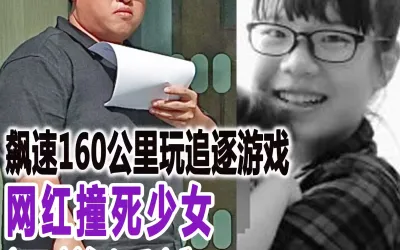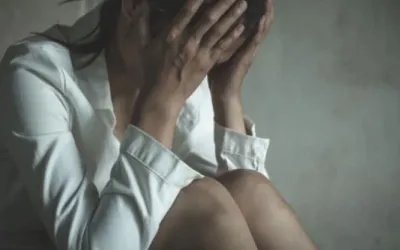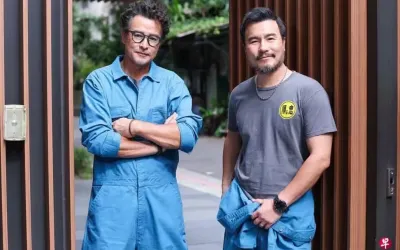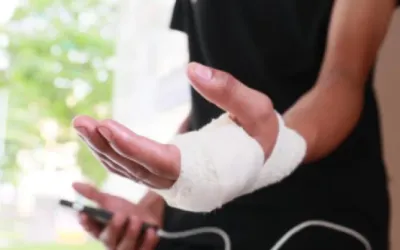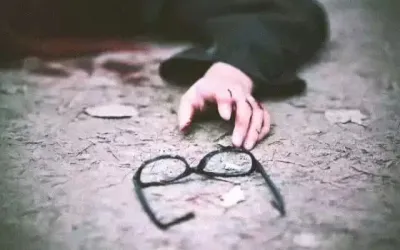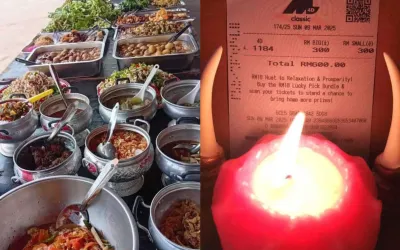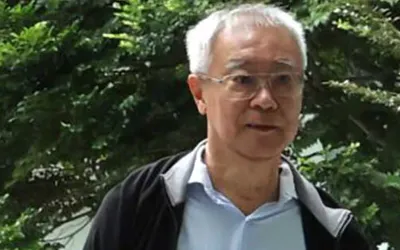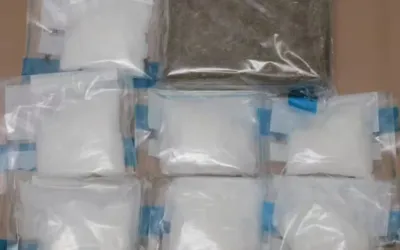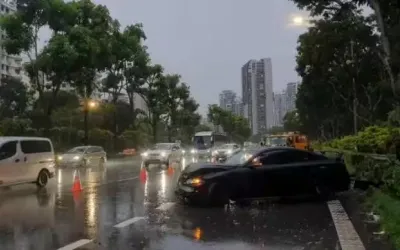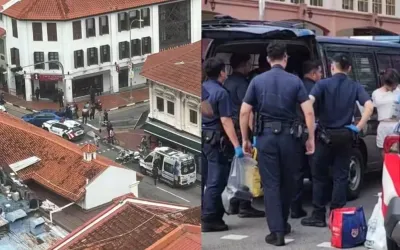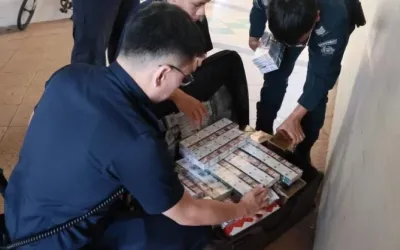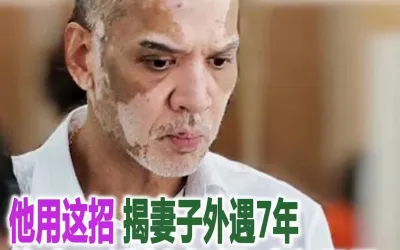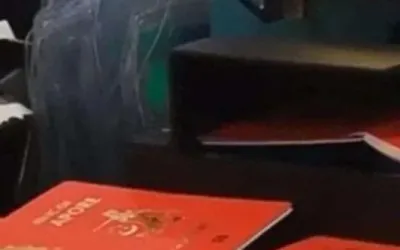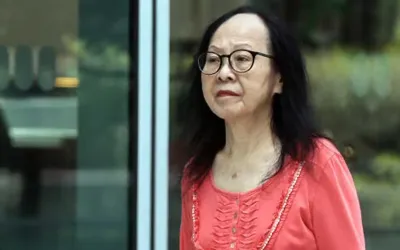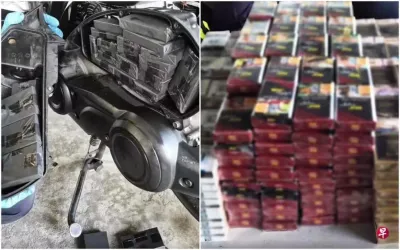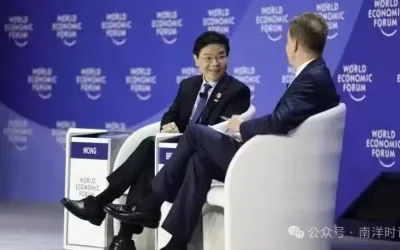2024年5月8日,新加坡內政部長尚穆根先生在國會答覆武吉巴督單選區議員穆仁理關於如何向新加坡年輕一代宣傳禁毒政策的問題。
以下內容為新加坡眼根據國會英文資料翻譯整理:
議長先生:有請穆仁理先生。
穆仁理(武吉巴督單選區議員):議長先生,我讚揚部長閣下闡明他打擊毒品的強硬立場。我認為,我們還需要注意到,在採取強硬立場的同時,我們還採取了富有同情心的立場來幫助毒品受害者及其家人。他們的家屬出席這次會議,正好清楚表明了這種態度。
議長先生,我想澄清的是,在以下背景下,我們如何向年輕一代的新加坡人,特別是Z世代和Alpha世代宣傳這項禁毒政策:第一,他們不一定有親身經歷,因為正如部長閣下所述,我們在上世紀70年代曾面臨嚴重的毒品問題,他們顯然不會有這種親身經歷;第二,社交媒體上的敘述。
我注意到2022 年的一篇研究論文,其中強調,在分析的1600 萬個帖子中,有75%的帖子對所謂的 「軟性毒品 「持正面看法。這篇論文來自澳大利亞。我們的年輕人通過社交媒體獲取新聞,他們接觸到了這些新聞。那麼,我們該如何應對呢?
最後一點是,在處理毒品問題的會議上,新加坡在某種意義上似乎越來越被擱置–這也許是我個人的看法。我本人曾有機會在劍橋舉行的一次研討會上闡明新加坡堅定的禁毒立場。有人說我的觀點偏激,新加坡的經驗無法在其它地方複製。
因此,這些都是趨勢。我們如何確保Z世代和Alpha世代的孩子們理解並內化我們強有力的禁毒政策?
尚穆根先生:謝謝穆仁理先生。關於第一個問題,面對來自多方的攻擊,我們如何植入禁毒信息,並提出對禁毒的積極看法?我認為這也與畢丹星先生的問題有關,因為如果你看到正在發生的事情,通過將毒品合法化和提供毒品,人們將賺很多錢,數十億美元。因此,世界各地都有上市公司希望這樣做,它們資助非政府組織,資助宣傳,推銷軟性毒品是好東西、無害的觀點。
如果你看看這些國際會議,那些對毒品採取強硬立場的非政府組織通常資金匱乏,他們的材料也不那麼吸引人;而另一方面,卻有各種浮誇的論據,說明為什麼軟性毒品、大麻不會對你造成傷害。它只是讓你嘗試的東西,很酷。
因此,」酷 「的整個概念從媒體、網絡、朋友、同儕壓力中向我們的年輕人推送;無論你走到哪裡,它都在那裡,而且如今它被美化了。它經常被美化。你無法擺脫它。因此,如果你問為什麼我們的年輕人會出現這種現象?儘管起點較低,答案是顯而易見的。我們如何應對?我們不製作好萊塢電影。要抵禦這種多方面的攻擊是非常困難的。但我認為我們已經做得相當不錯了。
在某種程度上,這也涉及到畢丹星先生提出的第二個問題。在聯合國和國際會議上,我們是一個異類。我們通常會得到兩種反應:一是當我們公布我們的統計數據和情況時,人們會悶悶不樂地保持沉默,因為人們不喜歡;第二種是,」嗯,你知道,是的,我們承認新加坡取得了成功,但你們所做的事情無法在其他地方複製」。我認為是可以的,但我們沒有義務在世界其他地方進行鬥爭。只要別人不對我們指手畫腳,讓我們獨自保護我們的人民,我想這就是我們所能期望的最好結果。
楊莉明第二部長經常參加在維也納舉行的聯合國毒品問題會議。我們提出了自己的立場,是的,我們在某種程度上是孤立的。其他一些國家也採取了強硬的態度,但我認為沒有一個國家像我們這樣提出觀點,並提出研究和統計數據。但是,我們確實有一些國家對毒品持反對意見,包括東協國家。雖然存在意見分歧,但永遠不要低估,向本國人民傳達我們的信息是處在一個非常艱難的環境,我們都必須繼續為之奮鬥。
預防毒品教育是一個寬泛的名稱,但中央肅毒局和內政部目前正在嘗試許多不同的方法,試圖更好、更清晰地向更多人傳遞信息。
我想,如果你去問問那些家有小學生的人,我想他們一定聽說過。他們會告訴你他們聽說過什麼。下一個問題是如何讓它深入人心。我認為父母的作用很大。在這方面,我希望我們的 「毒品受害者紀念日 「倡議會有所幫助。我希望我們正在採取的其他措施也會有所幫助。
議長先生:有請維凱先生。
維凱先生(三巴旺集選區議員):我感謝部長非常清楚地闡述了新加坡的政策,這項政策與許多其他國家的政策不同,但我認為是正確的。
和其他一些議員一樣,我關注的是青少年開始吸毒的年齡較小,平均為15.9 歲。在我就讀小學時,當局曾推行反對吸食膠水的運動,因為吸食膠水被視為吸食毒品的途徑。今天,還有什麼其他的 「入門 「物質或毒品是公眾應該了解的,尤其是青少年應該了解的?
尚穆根先生(內政部長):謝謝維凱先生。舉例來說,有些人可能會將電子 煙當作入門的一種途徑,衛生部將會回答他們正採取的措施。

以下是英文質詢內容:
Mr Speaker: Mr Murali Pillai.
Mr Murali Pillai (Bukit Batok): Mr Speaker, Sir, I commend the hon Minister for articulating his tough stance against drugs. And I think one would also need to take note that, coupled with the tough stance, is a compassionate stance in helping the drug victims and the family. And the presence of the families here in the House is a clear articulation of that approach.
Sir, my clarification is in relation to how do we embed this anti-drugs policy in the younger generations of Singaporeans, particularly Gen Z and Generation Alpha, against the backdrop of: one, the fact that they did not necessarily have personal experience because, as was recounted by the hon Minister, we had serious drug problems in the 1970s, they obviously would not have such personal experience; two, the narratives in the social media.
I had regard to a research paper in 2022 where it was highlighted that in relation to so called 「soft drugs」, there were positive perceptions of these so called 「soft drugs」 in 75% of 16 million posts that were analysed. This paper came out of Australia. Our young consume social media for news and they are exposed to this. So, how do we deal with this?
The last point is the fact that increasingly – and this, perhaps, is my personal perception – Singapore seems to be, in a sense, set aside in relation to conferences dealing with the drugs issue. I myself have had a chance to articulate Singapore’s strong anti-drugs stance in a symposium in Cambridge. I was referred to as having outlier arguments and Singapore’s experience cannot be replicated elsewhere.
So, these are the trends. How do we make sure that our children from Gen Z and Gen Alpha would understand and internalise our strong anti-drugs policy?
Mr K Shanmugam: Thank you, Sir. On the first question, how do we embed this anti-drug message in the face of an assault from multiple sides putting forward a positive spin on drugs? I think this goes to Mr Singh’s question as well, because if you see what is happening, by decriminalising and making drugs available, people stand to make a lot of money, billions of dollars. So, there are listed companies around the world which want this and they finance non-governmental organisations (NGOs), they finance publicity, which sells the idea that soft drugs are good, they are harmless.
If you look at these international conferences, the NGOs which are taking a tough line on drugs are usually poorly financed, their material is not so attractive; whereas on the other side, there are all these glitzy arguments as to why soft drugs, cannabis cause you no harm. It is just something for you to try, it is cool.
So, the whole idea of the 「cool」 factor pushed at our young from media, online, friends, peer pressure; wherever you turn, it is there and it is glamourised today. It is frequently glamourised. You cannot get away from it. So, if you ask why is there a jump amongst our young in, albeit from a lower base, the answer is obvious. How do we deal with it? We do not produce Hollywood movies. It is very difficult to stand against this multi-faceted assault. But I think we have done a reasonably good job.
And that goes, in a way, to the second question that Mr Pillai asked, Sir. We are an outlier in the United Nations (UN), in international conferences. We usually get one of two reactions: one, a sullen silence as we put out our statistics and situation, because people just do not like it; the second is, 「Well, you know, yes, we accept that Singapore succeeds but what you do cannot be replicated elsewhere」. I think it can be, but it is not for me to fight the fight in the rest of the world. As long as others do not tell us what to do and leave us alone to protect our population, then I think that is the best that we can hope for.
